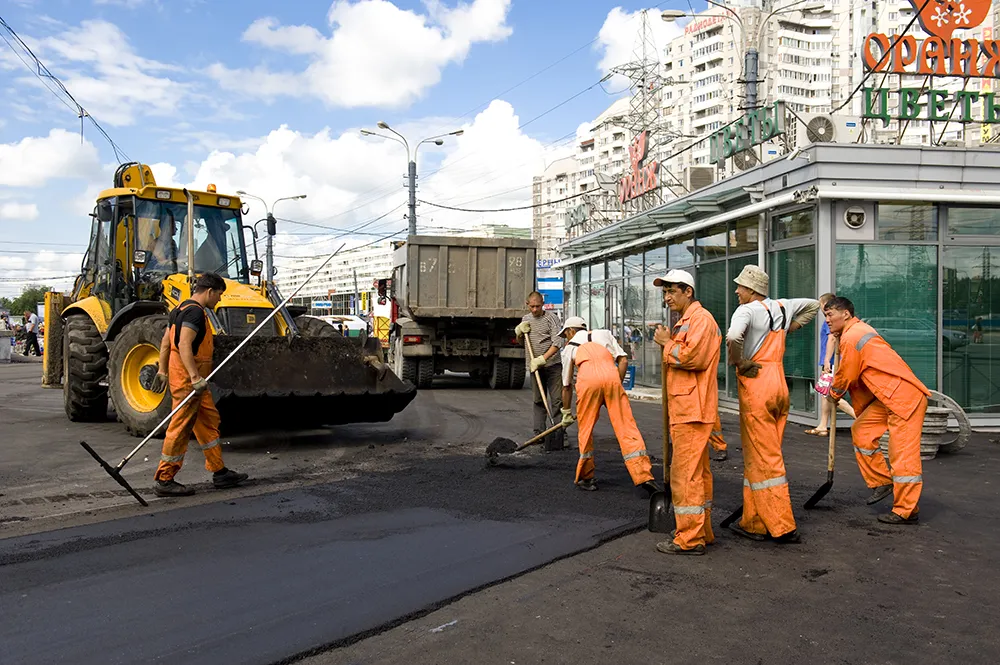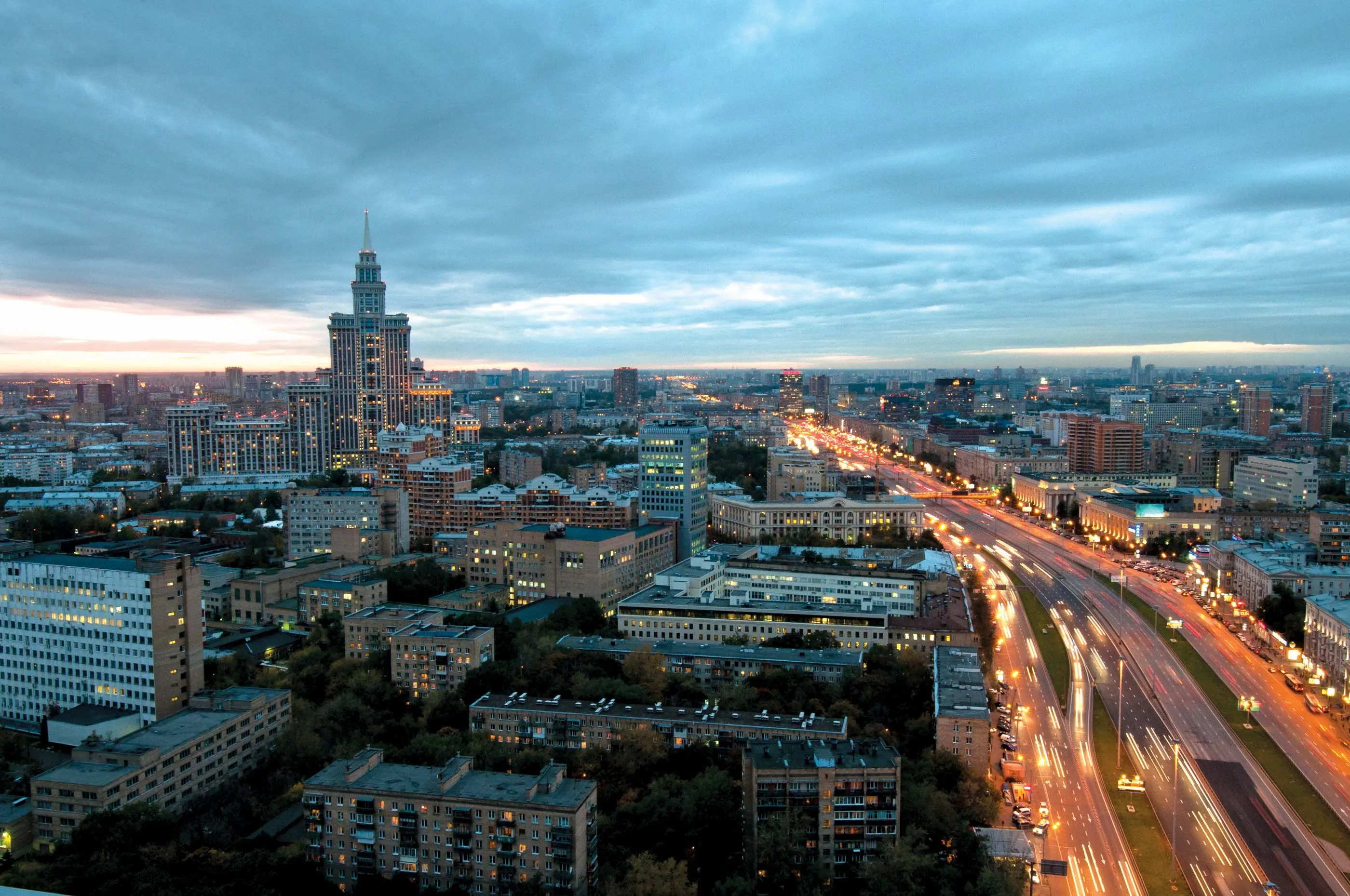The RADOR association, the leading organisation for advocating, planning, financing, building and maintaining roads in Russia’s regions, estimates the country’s North-Western Federal District needs US$5.367 billion (RUB 161.8bn) for road network repair and maintenance every year. RADOR says that around 19.7% of required funding was provided for regional road maintenance in 2012, along with 41.4% of funding for road repairs, and 6.3% of funding for road overhaul. The Leningrad region received 25% (RUB 5.1bn)
February 13, 2013
Read time: 2 mins
The RADOR association, the leading organisation for advocating, planning, financing, building and maintaining roads in Russia’s regions, estimates the country’s North-Western Federal District needs US$5.367 billion (RUB 161.8bn) for road network repair and maintenance every year.
RADOR says that around 19.7% of required funding was provided for regional road maintenance in 2012, along with 41.4% of funding for road repairs, and 6.3% of funding for road overhaul. The Leningrad region received 25% (RUB 5.1bn) of its RADOR estimated required funds for overhaul and repair funding. There is 49,400km of regional public roads in the North-Western Federal District. RADOR says that over 76% of the road network does not conform to required specifications, against a national average of 63%.
Despite the RADOR claimed shortfall in road funding, funds from all sources for regional motor roads in the North-Western Federal District of Russia, excluding St. Petersburg, increased to US$1.31 billion (RUB 39.5bn) in 2012 – double the funding of 2011.
The growth in financing was said to be due to road funds resuming their work. Around 1,340km of roads were repaired in 2012 - 44% more than the previous year, and 182km of roads were built and reconstructed - 88% up on 2011. The biggest amount of road repair and overhaul works was the 614.5km of works carried out in the Leningrad region. Meanwhile, the biggest amount of road construction was in the Novgorod region and covered 48.8km.
It is reported that the North-Western region's roads should receive RUB 35.95bn of financing in 2013, and RUB 38.64bn in 2014. Some 48.7km of regional roads are to be built and reconstructed in 2013, and 126.5km in 2014. The volume of repair and overhaul works will amount to 807.7km and 1,200km respectively.
St. Petersburg's roads received RUB 41.43bn financing in 2012. RADOR association expects financing to amount to RUB 37.36bn in 2013 and RUB 34.69bn in 2014. Some 33.4km of roads are to be built and reconstructed in 2013, and 30.5km in 2014, against 40.1km in 2012. The volume of road repair and overhaul works in St. Petersburg will total 332km in 2013 and 342.6km in 2014, against 324.5km in 2012.
RADOR says that around 19.7% of required funding was provided for regional road maintenance in 2012, along with 41.4% of funding for road repairs, and 6.3% of funding for road overhaul. The Leningrad region received 25% (RUB 5.1bn) of its RADOR estimated required funds for overhaul and repair funding. There is 49,400km of regional public roads in the North-Western Federal District. RADOR says that over 76% of the road network does not conform to required specifications, against a national average of 63%.
Despite the RADOR claimed shortfall in road funding, funds from all sources for regional motor roads in the North-Western Federal District of Russia, excluding St. Petersburg, increased to US$1.31 billion (RUB 39.5bn) in 2012 – double the funding of 2011.
The growth in financing was said to be due to road funds resuming their work. Around 1,340km of roads were repaired in 2012 - 44% more than the previous year, and 182km of roads were built and reconstructed - 88% up on 2011. The biggest amount of road repair and overhaul works was the 614.5km of works carried out in the Leningrad region. Meanwhile, the biggest amount of road construction was in the Novgorod region and covered 48.8km.
It is reported that the North-Western region's roads should receive RUB 35.95bn of financing in 2013, and RUB 38.64bn in 2014. Some 48.7km of regional roads are to be built and reconstructed in 2013, and 126.5km in 2014. The volume of repair and overhaul works will amount to 807.7km and 1,200km respectively.
St. Petersburg's roads received RUB 41.43bn financing in 2012. RADOR association expects financing to amount to RUB 37.36bn in 2013 and RUB 34.69bn in 2014. Some 33.4km of roads are to be built and reconstructed in 2013, and 30.5km in 2014, against 40.1km in 2012. The volume of road repair and overhaul works in St. Petersburg will total 332km in 2013 and 342.6km in 2014, against 324.5km in 2012.







